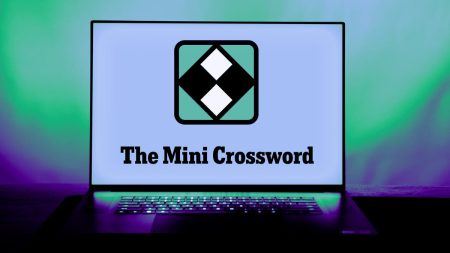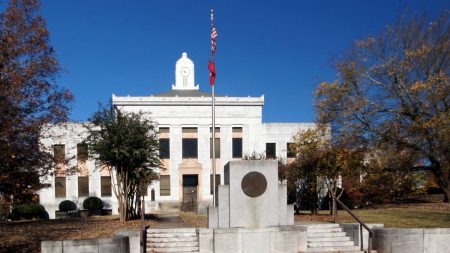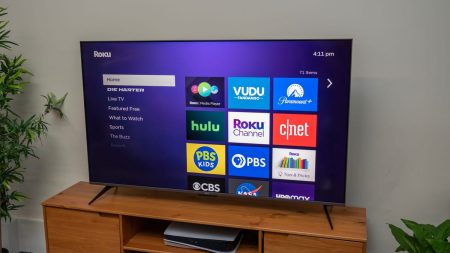Celebrating Microsoft’s Legacy: The Microsoft Alumni Network’s “Alumni Voices” Project
Introduction to the Alumni Voices Project
The Microsoft Alumni Network has launched an exciting new initiative called “Alumni Voices,” an oral history project that captures the stories and experiences of Microsoft’s pioneers. This project coincides with Microsoft’s 50th anniversary in 2025 and the alumni network’s own 30th anniversary. The first wave of interviews features five influential figures: Steve Ballmer, former CEO; Bill Neukom, former general counsel; Bob O’Rear, a key player in MS-DOS and programming languages; Mark Zbikowski, who contributed to MS-DOS, Windows NT, and OS/2; and Scott Oki, the founder of Microsoft’s International Division. These interviews offer a unique glimpse into Microsoft’s early days, its cultural evolution, and the people who shaped its success.
Through video highlights and transcripts, the project brings to life the stories of those who helped build Microsoft into the global tech giant it is today. The alumni network plans to release 50 interviews over the coming months, covering topics such as global expansion, the development of Windows and Office, the rise of Xbox, and Microsoft’s social impact. The goal of this project is to foster a sense of shared history and pride among Microsoft’s vast network of alumni, which spans over 290,000 people worldwide.
The Early Days of Microsoft: A Journey of Vision and Skepticism
One of the most striking themes emerging from the interviews is the sheer scale of Microsoft’s success, which even its early employees couldn’t have predicted. For instance, Steve Ballmer recalls a time in the 1980s when he and Bill Gates dismissed Intel’s Andy Grove for predicting that PC sales would reach 100 million units annually. “Bill and I sat and just laughed,” Ballmer said. “He doesn’t know what he is talking about. There’ll never be that many PCs sold.” Fast forward to today, and the global PC market has surpassed 245 million units, a testament to how Microsoft’s vision of “a computer on every desk and in every home” became a reality.
Scott Oki, who founded and led Microsoft’s International Division, echoed this sentiment. “Did I really know at the time that Microsoft was going to become the behemoth that it is today? Not a clue,” he admitted. Even Mark Zbikowski, an early engineering leader, imagined that his stock might make him a “thousandaire,” not realizing that Microsoft’s IPO in 1986 would turn many employees into millionaires. These stories highlight the humility and disbelief that many early employees felt as they witnessed Microsoft’s meteoric rise.
The Power of Partnerships and Innovation
The interviews also reveal the pivotal moments that shaped Microsoft’s trajectory. Bob O’Rear, a key figure in Microsoft’s early software development, shared a fascinating story about the company’s relationship with IBM, one of its most critical partners. O’Rear recalled that the initial connection between Microsoft and IBM was facilitated by none other than Bill Gates’ mother, Mary Gates, who knew IBM’s CEO through her work with United Way.
The story of Gates’ first meeting with IBM executives is both amusing and insightful. Gates, Ballmer, and O’Rear were on their way to Boca Raton, Florida, when they realized Gates had forgotten to pack a tie—a major oversight for a meeting with executives of a major tech company at the time. The trio debated whether to stop and buy a tie or proceed without one, ultimately deciding to find a shopping mall and purchase a tie off the rack. This anecdote not only reflects the casually dressed culture that Microsoft would later embrace but also underscores the importance of preparation and attention to detail in those early days.
The Impact of Microsoft’s Success on Employees and the Region
Microsoft’s success had a profound impact on its employees and the Seattle region as a whole. The company’s IPO in 1986 not only created instant millionaires but also fueled a wave of economic and philanthropic activity in the area. Many early employees, including Zbikowski and Oki, were surprised by the magnitude of the company’s success and the ripple effect it had on their lives and communities.
Today, the Microsoft Alumni Network continues to celebrate the contributions of its members and inspire them to make a difference in the world. Manuela Papadopol, the network’s executive director, emphasized the importance of creating a sense of shared history and empowerment among alumni. “It’s bringing that community together to celebrate and get inspired to do better,” she said. The network is also encouraging alumni to share their own stories through video submissions and nominations for future interviews, creating a platform for ongoing collaboration and inspiration.
Looking Ahead: The Future of Microsoft’s Legacy
The “Alumni Voices” project is more than just a trip down memory lane; it’s a reminder of the power of vision, innovation, and collaboration. As Microsoft looks toward its next 50 years, the stories of its alumni serve as a source of inspiration for future generations of tech leaders and innovators.
The project also highlights the enduring impact of Microsoft’s work on the world. From the early days of MS-DOS to the current era of cloud computing and artificial intelligence, Microsoft has played a pivotal role in shaping the tech industry. The alumni network’s initiative ensures that this legacy is preserved and celebrated, offering valuable lessons for anyone interested in the history of technology and the people behind it.
In conclusion, the “Alumni Voices” project is a testament to the incredible journey of Microsoft and its people. Through these stories, we gain a deeper understanding of the company’s humble beginnings, its visionary leadership, and the transformative impact it has had on the world. As the project continues to unfold, it will undoubtedly inspire many more people to embrace the spirit of innovation and collaboration that defines Microsoft’s legacy.












